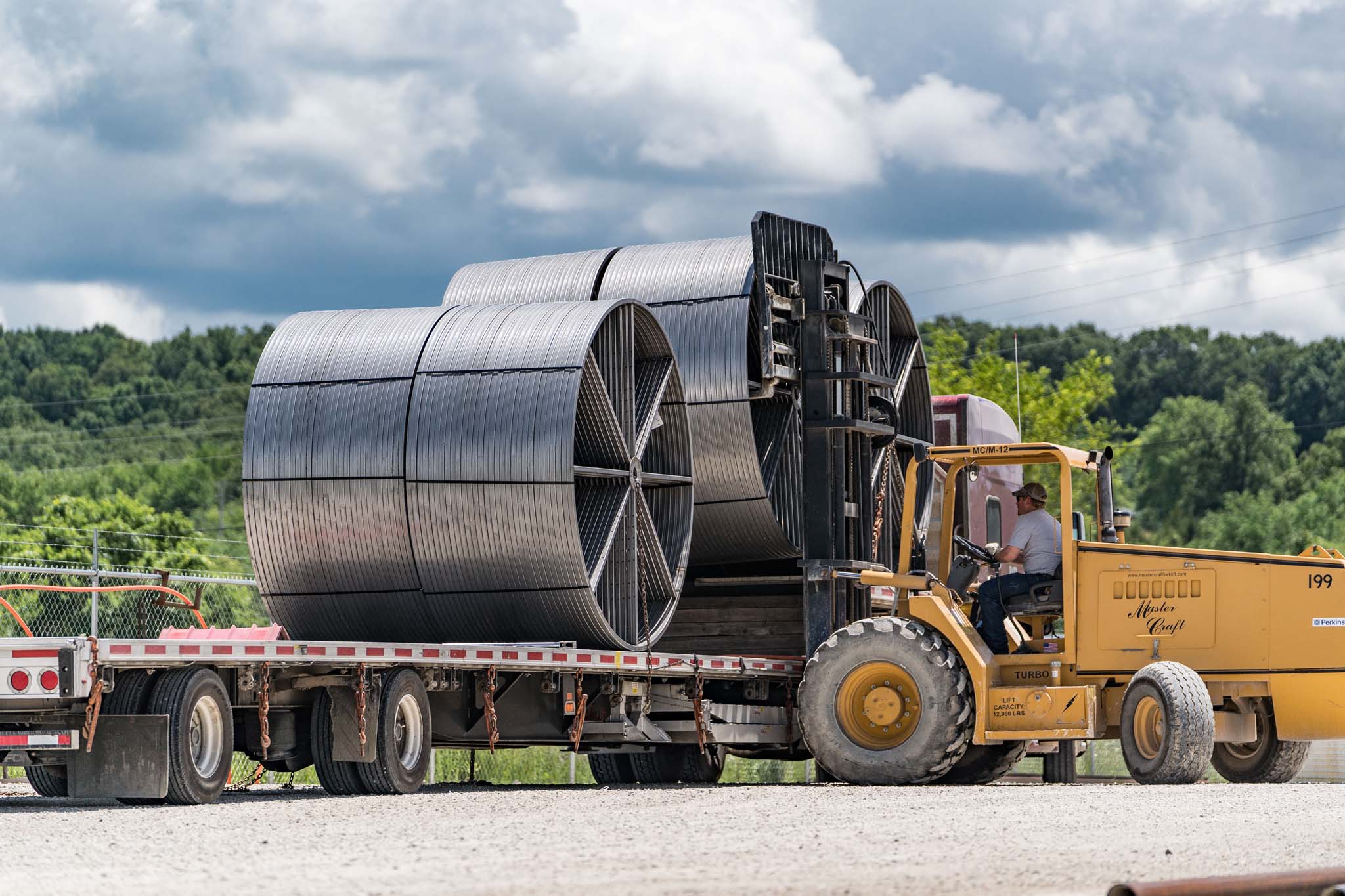Introduction to Steel Reel
Steel reels are more than just a functional tool; they represent durability and efficiency in various industries. Whether you’re in construction, manufacturing, or even filmmaking, understanding the essential role of steel reels can significantly impact your workflow. These robust devices help manage cables, wires, and hoses with ease while ensuring safety and organization on the job site. In this article, we’ll dive into what makes steel reels indispensable for professionals across different fields. From their diverse types to their practical uses and benefits, you’ll gain valuable insights that could enhance your operations. Let’s explore the world of steel reels together!
The Different Types of Steel Reels
Steel reels come in various types, each designed for specific applications. Understanding these differences can help you select the right one for your project.
One common type is the cable reel. It’s ideal for storing and dispensing electrical or telecommunications cables. These reels prevent tangling and damage during transport.
Another option is the hose reel, which accommodates hydraulic or air hoses. Their design allows for easy retraction and unwinding, making them a favorite in industrial settings.
Then there are utility reels, often used to manage wiring or other materials on job sites. They’re built tough to withstand heavy use while keeping everything organized.
Specialty steel reels cater to niche industries like film production or agriculture. Their unique designs address particular needs that standard options may not fulfill. Each type serves its purpose effectively within different environments.
Common Uses for Steel Reels
Steel reels serve diverse purposes across various industries. They are commonly used for winding and storing cables, hoses, and wires.
In construction sites, they help manage electrical cords safely. This reduces tripping hazards while ensuring easy access to power sources.
The manufacturing sector also relies on steel reels for transporting raw materials like wire and rope. Their sturdy design withstands heavy loads without compromising integrity.
Agriculture benefits from these reels too. Farmers use them to store irrigation hoses efficiently, facilitating better water management.
Even in shipping and logistics, steel reels play a vital role by keeping products organized during transit. Their durability ensures that items remain secure throughout the journey.
With such versatile applications, it’s clear why steel reels have become essential tools in numerous fields.
Benefits of Using Steel Reels
Steel reels offer exceptional durability, making them ideal for heavy-duty applications. Their robust construction ensures they can withstand harsh environments and resist wear and tear over time.
Weight distribution is another advantage of steel reels. They provide stability when handling cables or hoses, reducing the risk of tangling or damage during transport. This reliability makes them a top choice in various industries.
Additionally, steel reels are recyclable. When they reach the end of their life cycle, you can repurpose them without harming the environment.
Cost-effectiveness plays a significant role too; while the initial investment may be higher than plastic alternatives, their longevity often results in lower replacement costs down the line.
Many steel reel designs allow for easy maintenance and repair. This feature enhances their usability across multiple projects without incurring hefty service fees.
How to Choose the Right Steel Reel for Your Needs
Choosing the right steel reel involves understanding your specific requirements. Start by considering the material you’ll be working with, whether it’s wire, cable, or hose. Each application has different demands.
Next, evaluate the size and capacity of the reel. Larger reels can hold more material but may not fit in tighter spaces. Think about where you will store or use the reel—this affects your choice significantly.
Look for features that enhance usability, such as a brake system or swivel base. These additions can make handling much easier during operation.
Don’t forget to consider weight and portability if you’ll be moving it frequently. A lighter design might suit your needs better than a heavy-duty option in some situations.
Check for durability and rust resistance if you’re using them outdoors. Quality materials ensure longevity and reliability under various conditions.
Maintenance and Care Tips for Steel Reels
To keep your steel reel in top condition, regular maintenance is essential. Start by inspecting it for any signs of rust or corrosion. If you find any, clean the affected areas with a wire brush and apply a protective coating.
Lubrication is key to smooth operation. Use a suitable lubricant on moving parts to prevent wear and tear over time. This will also help avoid squeaking noises during use.
Storage matters too. When not in use, store your steel reel in a dry location away from moisture. This helps extend its lifespan significantly.
Check the integrity of cables and hoses frequently as well. Replace any that show signs of fraying or damage to ensure safety during operations.
Consider performing periodic deep cleaning sessions to remove dirt and debris buildup—this prevents potential malfunctions down the line.
Conclusion
Steel reels are versatile and durable tools that serve a variety of purposes across multiple industries. Understanding the different types available helps you make informed decisions tailored to your specific needs. Whether you’re in construction, telecommunications, or any field requiring cable management, there’s a steel reel designed for you.
The benefits of using steel reels are numerous: from their strength and longevity to cost-effectiveness over time. By choosing the right type for your application and maintaining it properly, you’ll ensure optimal performance and reliability.
With proper care, these robust tools can last many years, making them a worthwhile investment. Consider what tasks you need to accomplish and how each type of steel reel can help streamline those processes efficiently. The right choice will not only enhance productivity but also contribute positively to safety on the job site.
Explore options based on your requirements today—investing in quality steel reels could be one step toward improving operational efficiency.










